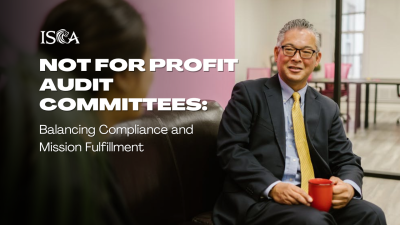This module focuses on the critical role that audit committees play in ensuring both regulatory compliance and supporting the mission of not-for-profit organisations.
It explores the unique challenges faced by audit committees in different types of non-profits such as charities, associations, companies limited by guarantee, and co-operatives while highlighting the importance of financial stewardship, internal controls, risk management, and ethical governance.
Learners will gain insights into how audit committees can effectively monitor compliance with legal obligations, maintain accountability, and align financial oversight with mission-driven goals. Experience sharing of actual practices and approaches are included to equip audit committee members with the knowledge to uphold both governance and the organisation’s long-term mission.
Module Outline


